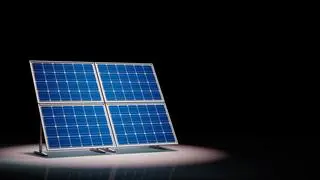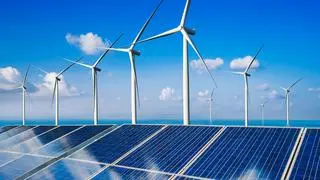India to offer large carbon capture incentives as coal remains major part of energy mix


CCUS technology removes CO2 produced by industrial processes from the atmosphere or captures it at the point of emission and stores it underground.
India is preparing to launch a national carbon capture initiative with substantial government incentives, as it seeks to balance rising energy demand with its climate goals while relying on coal, a senior official at India’s leading policy think tank said on Thursday.
The initiative, aimed at promoting carbon capture, utilisation and storage (CCUS) technologies, could offer funding support ranging from 50 per cent to 100 per cent for select projects, Rajnath Ram, adviser, energy at NITI Aayog, said.
CCUS technology removes CO2 produced by industrial processes from the atmosphere or captures it at the point of emission and stores it underground.
“These incentives will help industries adopt carbon capture technologies and integrate them with coal-based energy systems,” the official said at a coal summit organised by the Indian Chamber of Commerce.
India’s electricity consumption is rising and coal is expected to remain a key part of the energy mix for the next two decades, Ram said.
“We cannot be subjective about coal. The question is how sustainably we can use it.”
He said that converting coal to synthetic natural gas will reduce the country’s natural gas imports by nearly 50 per cent, adding that commercialisation of the technology is still a challenge.
India is aiming to expand its non-fossil fuel capacity to 500 GW by 2030, but coal remains central to its energy security. The government plans to increase coal-based capacity by 97 GW by 2035, taking the total to around 307 GW to ensure round-the-clock power.
The government is also exploring how carbon capture can be integrated with gasification projects to offset emissions.
Globally, several countries have started projects in CCUS technology and the International Energy Agency says the technology can play a vital role in achieving global climate goals.
More Like This


Published on September 11, 2025


